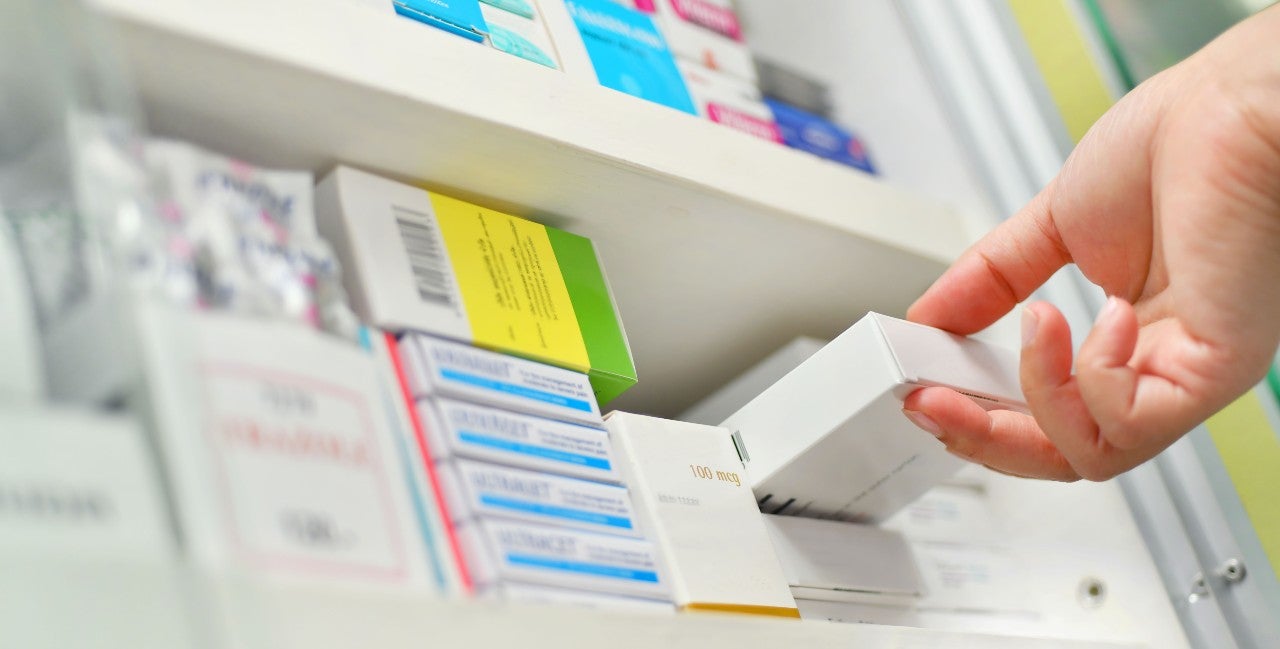India has begun to relax its export bans and resumed exports of some COVID-19 vaccines sooner than planned, in October, beginning with Indian drug firm Hetero Biopharma Limited (Hyderabad, India) exporting doses of Gamaleya Federal Research Center of Epidemiology and Microbiology’s (Moscow, Russia) Sputnik Light to Russia. More exports are expected soon (EMOR, September 2021).
These exports reverse India’s policy since April 2021 of refusing to export COVID-19 vaccines so that the country can vaccinate its domestic population, which is being badly affected by the Delta variant (India’s Second Wave Causing Severe Global COVID Vaccine Supply Chain Disruption, EMOR, June 2021). As recently as August, the head of the Indian government’s National Technical Advisory Group on Immunization stated that the country would not resume exports of COVID-19 vaccines until 2022.
Protectionist policies made it difficult for some countries during the height of the pandemic to treat and contain the spread of infection as medicines and personal protective equipment (PPE) were more difficult to procure. Governments imposed at least 47 export bans on pharmaceutical products during 2020 and at least six in 2019, according to the Global Trade Alerts database and GlobalData research. This list is non-exhaustive and includes PPE and medical devices. The uncertainty of the pandemic and political pressures caused by panicked populations, as well as supply chain and manufacturing problems and the increased need for certain drugs, resulted in an unusually high level of export bans for products and medicines designed to prevent infection or to treat severe COVID patients until supply chains were able to adjust to the large shift in demand.
Ngozi Okonjo-Iweala, Director-General of the World Trade Organization (WTO), has described the pandemic as “the biggest challenge now to the trading system.” Speaking at BIO Digital conference in June 2021 in an online keynote speech “Breaking Barriers in Trade”, she said “global trade in medical supplies and equipment [rose] 16% and trade in protective equipment [rose] 50% in recent times. After the initial supply chain disruption the system showed resilience and began to work.”
The WTO encouraged member countries to lower export restrictions during the pandemic. Although many restrictions are now removed, there are still far too many, said Okonjo-Iweala. Okonjo-Iweala continued, 80% of vaccines manufactured are exported from 10 countries and this has led to trade vulnerability where countries keep vaccines for themselves.


US Tariffs are shifting - will you react or anticipate?
Don’t let policy changes catch you off guard. Stay proactive with real-time data and expert analysis.
By GlobalDataExport bans of medicinal products are rarely implemented but during 2020, the height of the COVID-19 pandemic for many countries, they became commonplace with the imposition of at least 47 export bans. Norway and the UK implemented the largest number of export bans, 14 and 8, respectively. Far fewer—at least six—took place globally in 2019, mostly in the UK. Two of those were lifted in the same year: the UK’s export ban on alogliptin/metformin (which aimed to tackle shortages) and Pakistan’s import and export ban on therapeutic products from India lasted mere weeks, the latter a part of a larger trade war between the two countries related to a dispute over Kashmir. The majority of export bans in 2020 were COVID-19-related and involved a wide variety of products used to fight COVID-19 including medicines like hydroxychloroquine (when this was considered a promising therapy), surgical face masks, pneumococcal vaccines, medical protective garments, sanitizers, and ventilators. In 2021 far fewer additional export bans have been put into place as manufacturers have increased production scale for items such as ventilators and masks, and COVID vaccination schemes in many countries are now at an advanced stage, reducing rates of serious infection.





